Everyone experiences conflict in life. How we deal about it is different, however. Various forms of conflict and strategies of facing them was the topic of a recent workshop organised by Professor Gabriel Schäfer, from University of Applied Sciences, Bremen in Germany. Her talk and workshop on conflict and conflict resolution has been organised over three days by Professsor Jonathan Parker of the Department of Social Sciences and Social Work.
Professor Schäfer argued that conflict resolution happens in different ways because conflict is related to aggression and as human beings we have different ways of expressing our aggression. What we need to remember in resolving the conflicts is to acknowledge that firstly our individual personalities are different (some face conflict and some want to let it go), and secondly there are cultural differences that may cause these conflicts go deeper. As it happens, relationships between couples from different cultures break up more often than those where partners have shared history, background and cultural attributes. However, in the workshop, we tried and tested different strategies that help us to not to diminish but to manage these personal and cultural differences.
Professor Schäfer presented three excellent workshops to staff and students on professionally qualifying and pure academic programmes. At a time of heightened tensions across the world learning effective ways of dealing with conflict is, of course, very important. It is central to working and living in our increasingly diverse and multi-cultural world and allows us to disagree, argue and resolve differences in constructive rather than destructive ways.
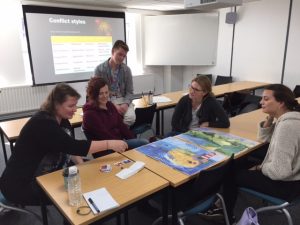
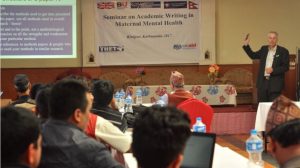
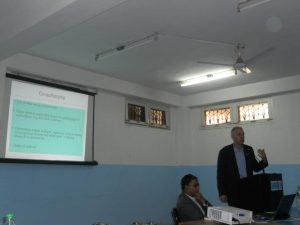
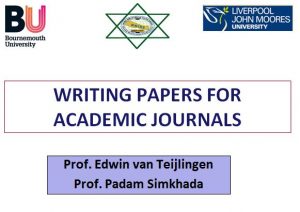
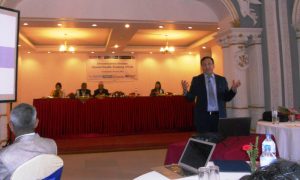
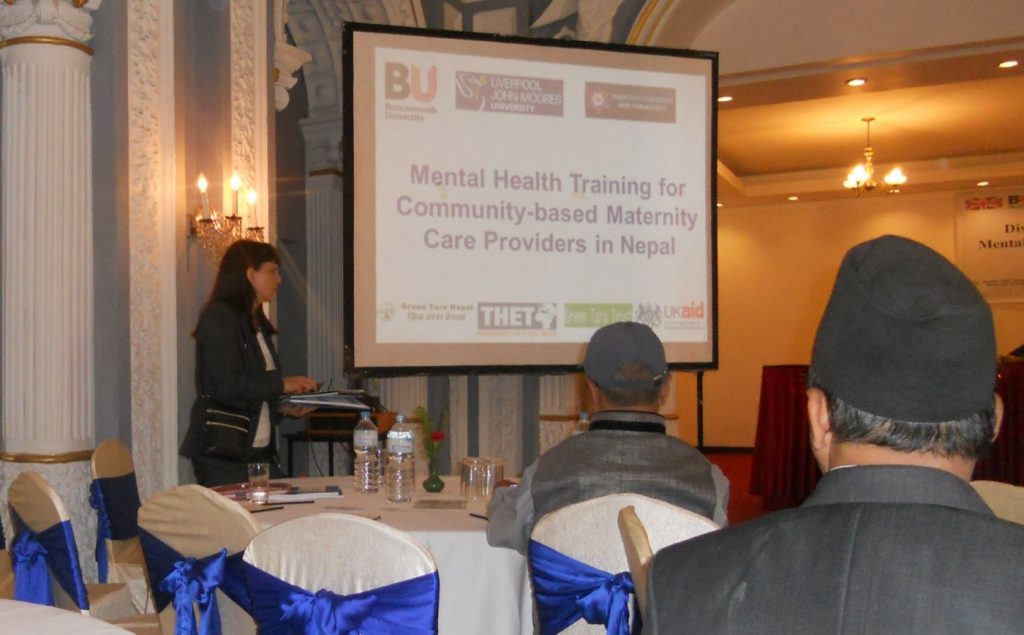
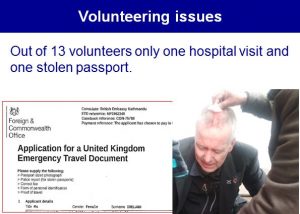
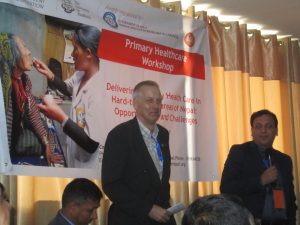

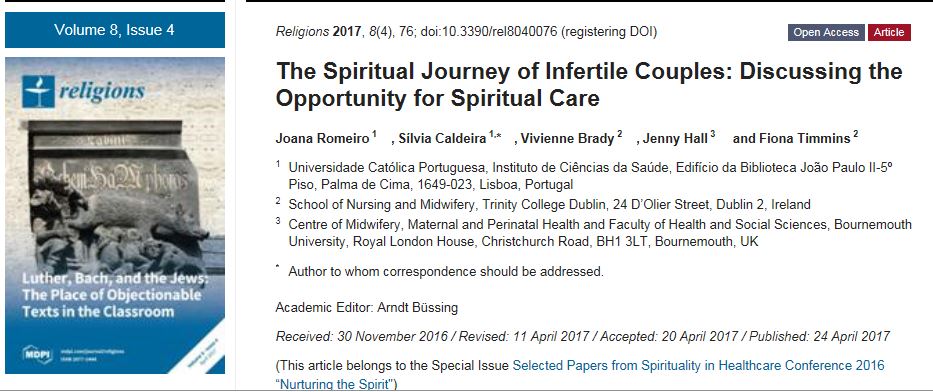
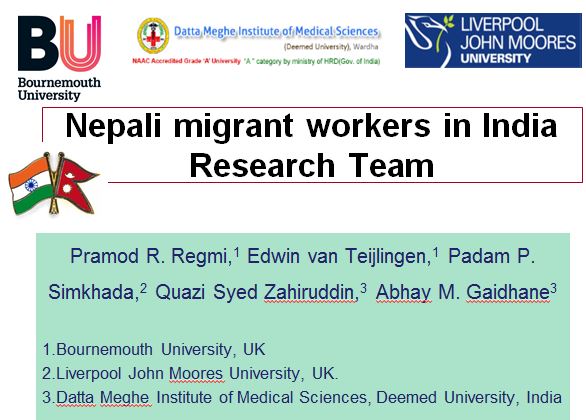



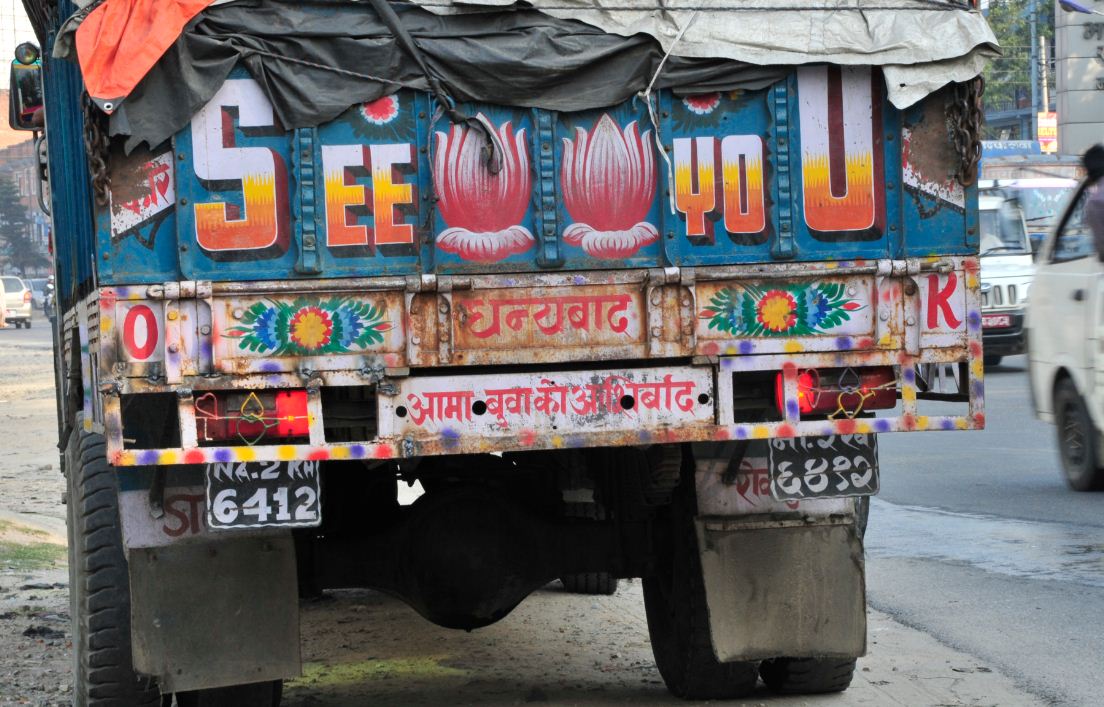


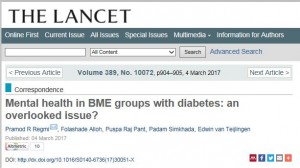
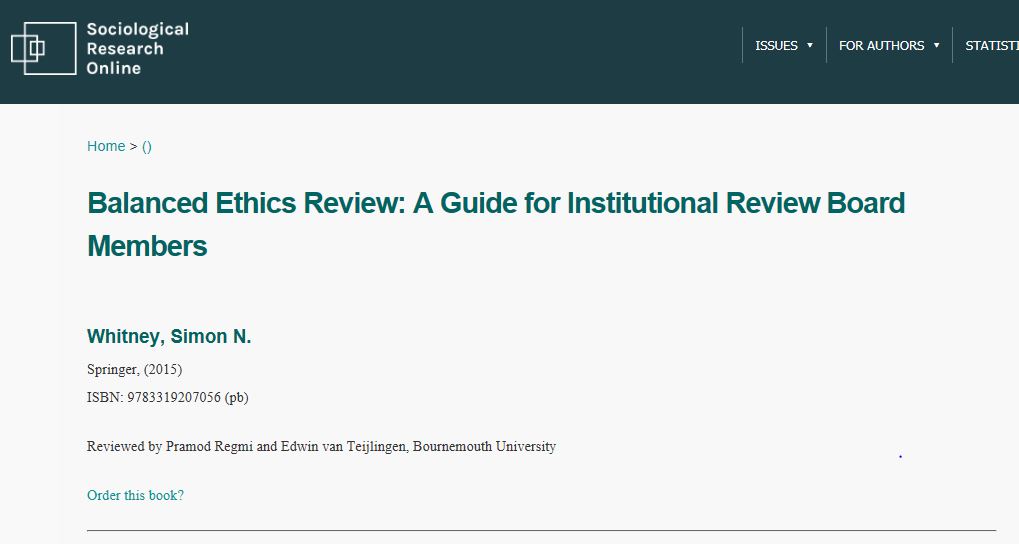
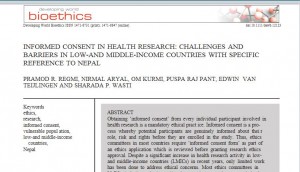

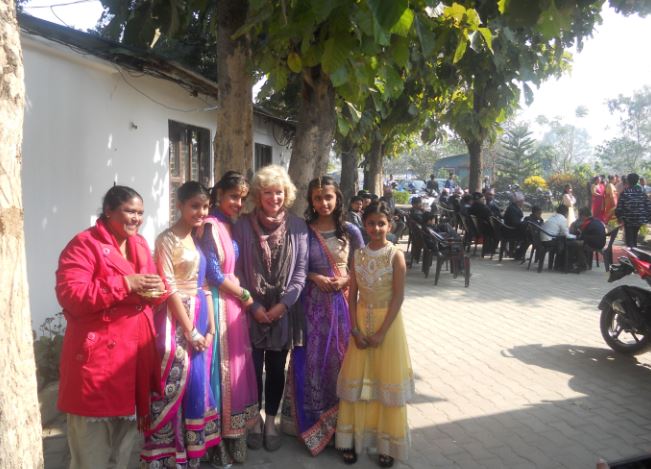
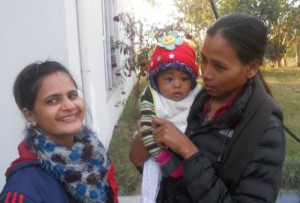
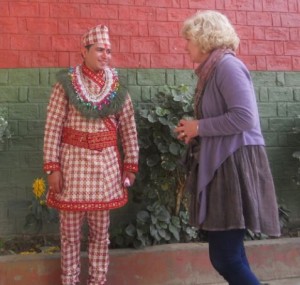
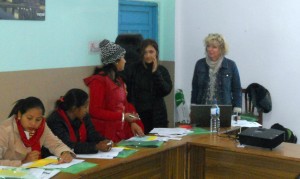
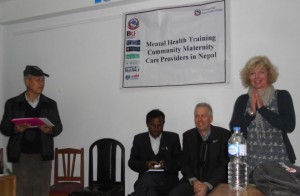
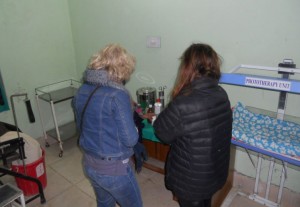
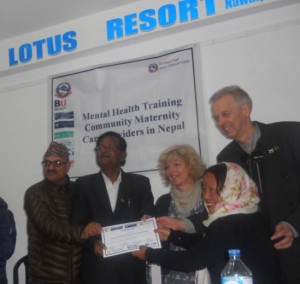

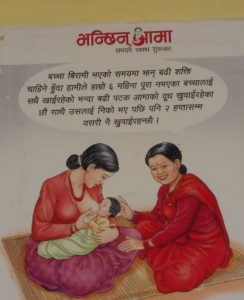

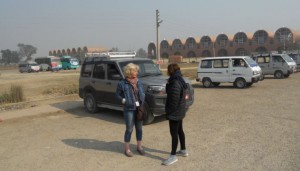

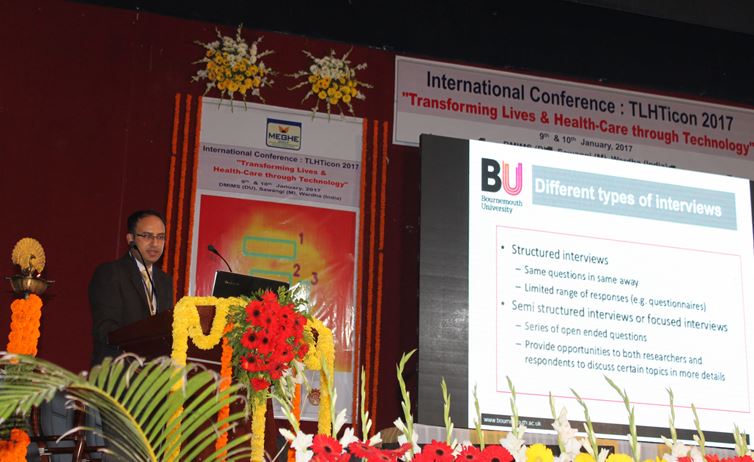
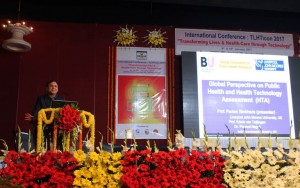
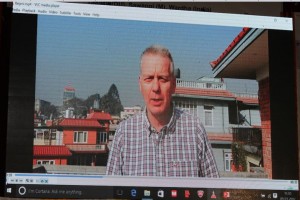
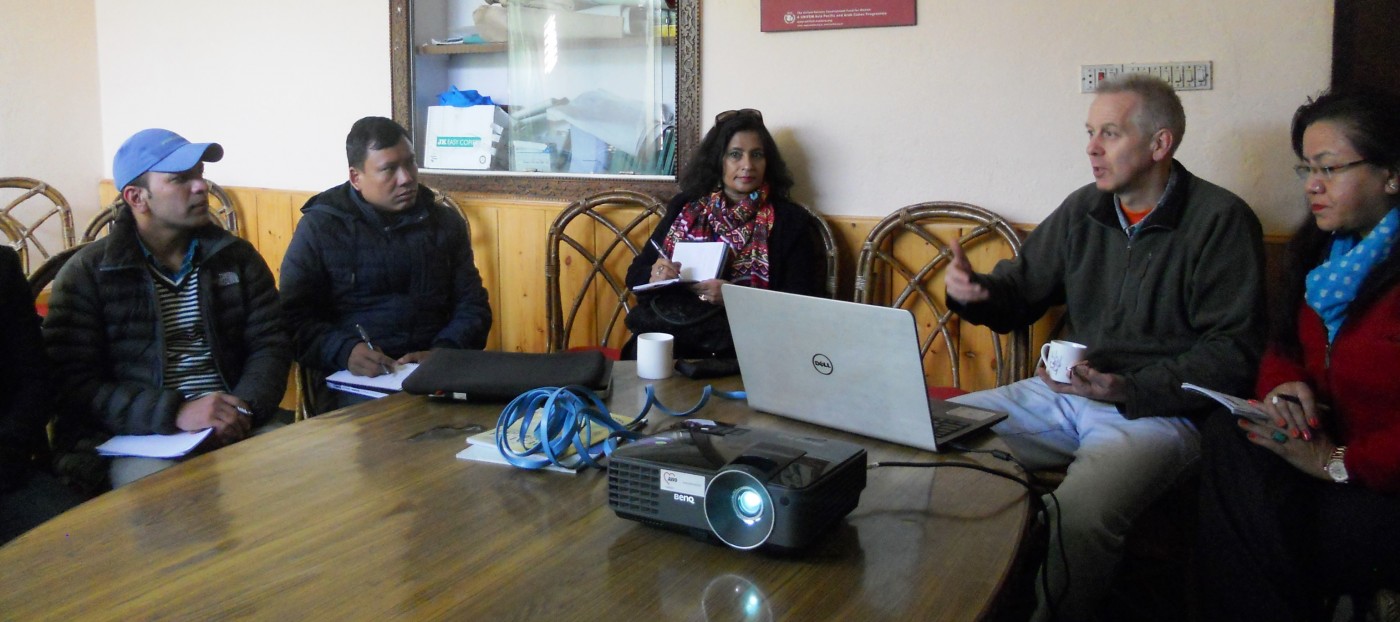













 New CMWH paper on maternity care
New CMWH paper on maternity care From Sustainable Research to Sustainable Research Lives: Reflections from the SPROUT Network Event
From Sustainable Research to Sustainable Research Lives: Reflections from the SPROUT Network Event ECR Funding Open Call: Research Culture & Community Grant – Apply now
ECR Funding Open Call: Research Culture & Community Grant – Apply now ECR Funding Open Call: Research Culture & Community Grant – Application Deadline Friday 12 December
ECR Funding Open Call: Research Culture & Community Grant – Application Deadline Friday 12 December MSCA Postdoctoral Fellowships 2025 Call
MSCA Postdoctoral Fellowships 2025 Call ERC Advanced Grant 2025 Webinar
ERC Advanced Grant 2025 Webinar Update on UKRO services
Update on UKRO services European research project exploring use of ‘virtual twins’ to better manage metabolic associated fatty liver disease
European research project exploring use of ‘virtual twins’ to better manage metabolic associated fatty liver disease